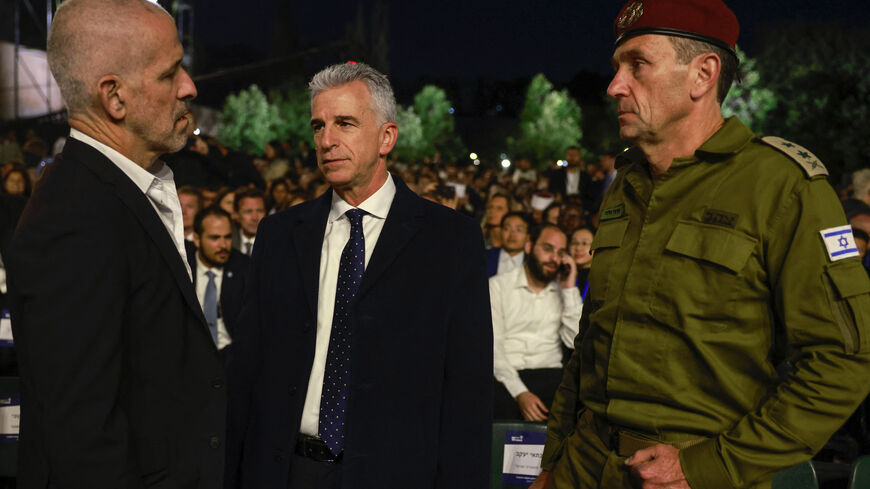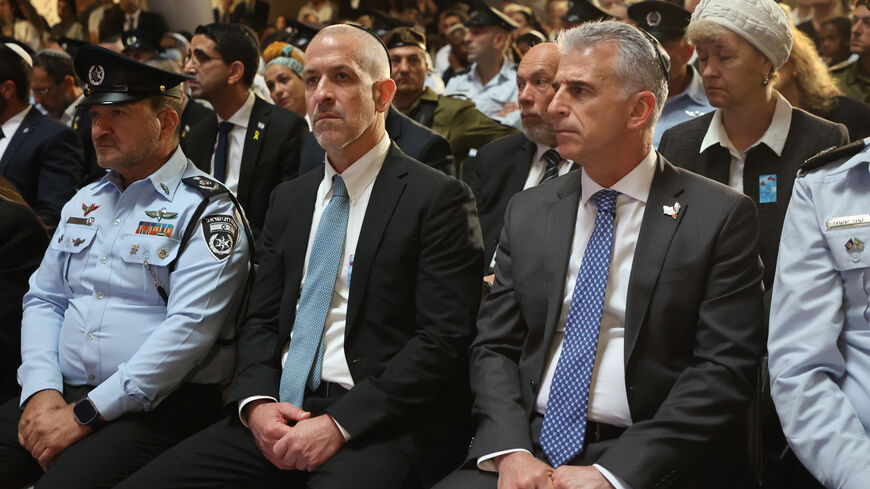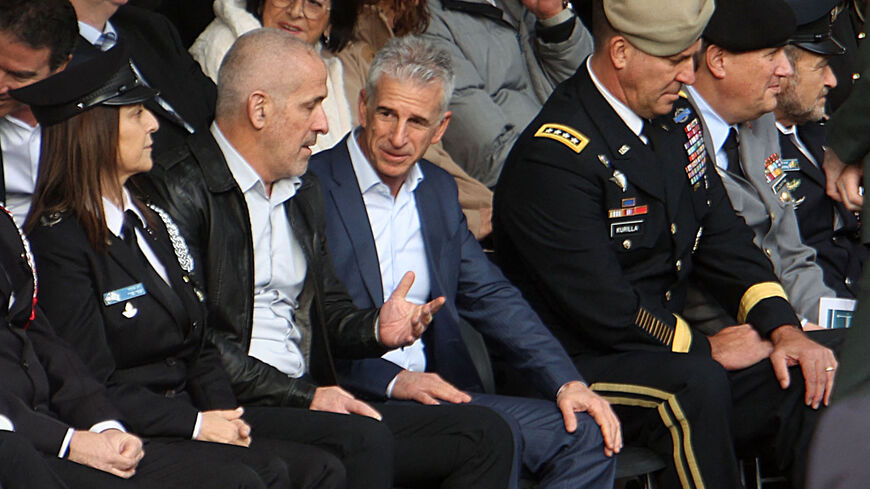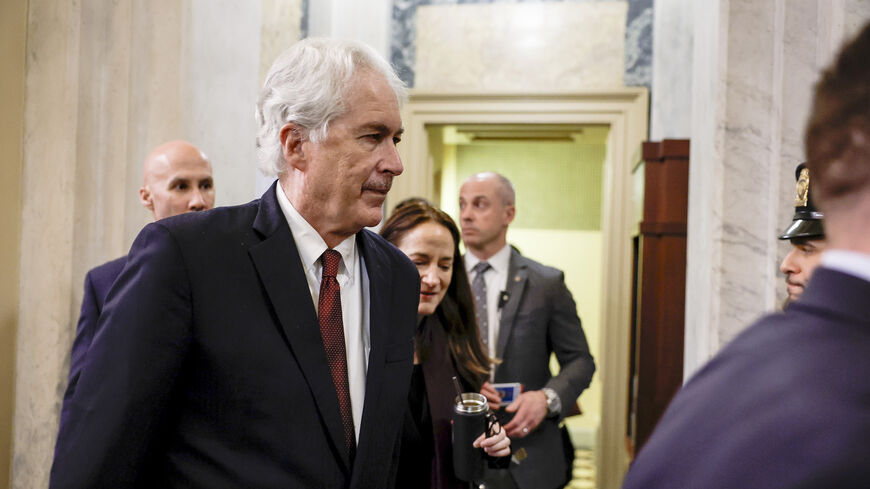Israel’s war cabinet considers Gaza cease-fire, hostage deal as ICJ ruling looms
Reports on Friday revealed that CIA Chief William Burns will meet in a European capital this weekend with Qatari, Israeli and Egyptian officials to try to unblock a deal for a cease-fire and the release of all the hostages held in Gaza.
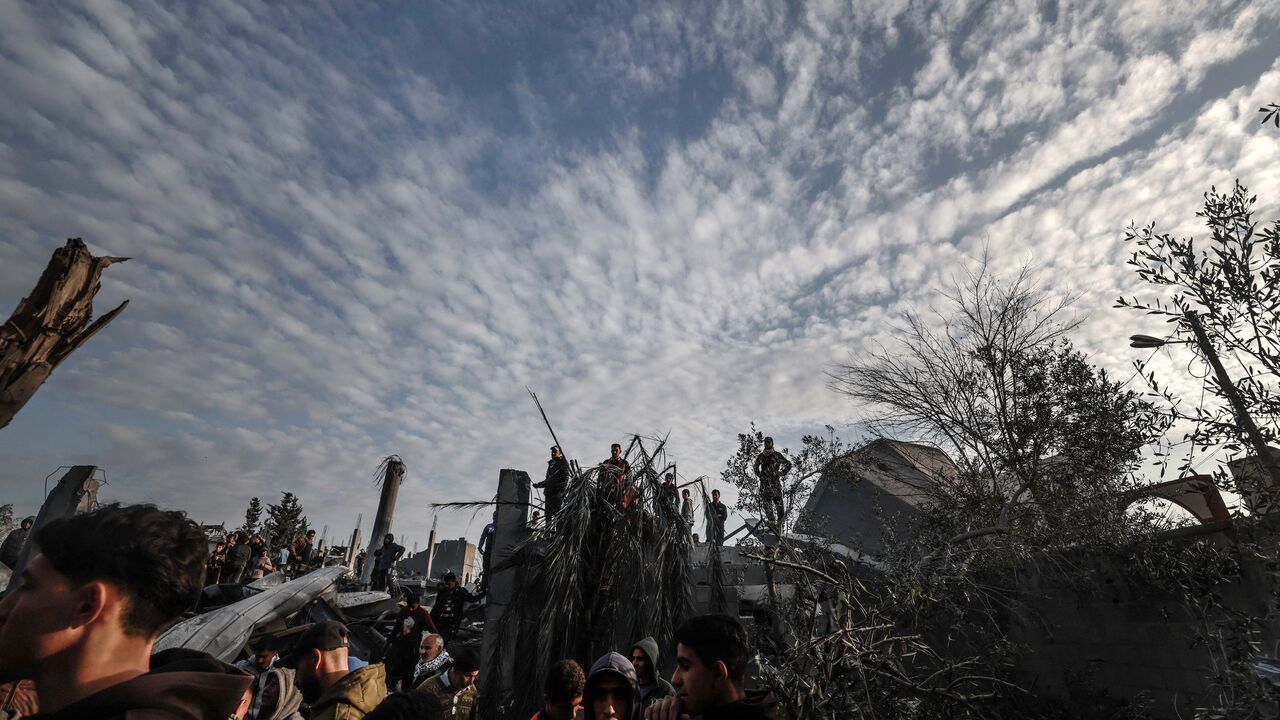
Israel’s war cabinet convened Thursday evening in Tel Aviv to discuss a new deal with Hamas for the release of the hostages held in Gaza.
According to the Israeli newspaper Haaretz, Israel and Hamas have reached understandings on the general framework, but there are still disagreements around it. Citing an unnamed source close to the negotiations, Haaretz reported that both sides agreed on a timeline of 35 days, during which all of the hostages will be released, probably in three or four phases. In return, Israel will release Palestinian prisoners and expand considerably the entry of humanitarian aid to the Strip.
These reports come against the backdrop of the expected ruling on Friday at the International Court of Justice (ICJ) in The Hague over the complaint submitted by South Africa accusing Israel of genocide in Gaza. On Friday, the Court will rule on whether to issue provisional measures ordering Israel to stop the fighting in Gaza.
What’s blocking the hostage deal
According to Israeli reports on a possible hostage-release deal, two main issues are still unresolved.
The first issue is the identity and the number of the Palestinian prisoners to be released. In the last deal, Israel released three prisoners for every hostage released. Most of the Palestinians had spent rather short periods in jail and were not convicted of murder. The exchange rate for this new deal has apparently been agreed upon, but not the nature of the crimes of those to be released. In other words, there is not an agreed-upon list of Palestinian prisoners to be released.
The second issue is more complicated and could make or break the deal: Hamas insists that any cease-fire come with a timeline for ending the fighting in Gaza. Israel rejects this demand and is not yet ready to end the war.
Meeting in a European capital
The Washington Post reported Thursday that CIA Chief William Burns is expected to meet with senior Qatari, Egyptian and Israeli officials this weekend in Europe to advance the deal. Mossad chief David Barnea; Shin Bet chief Ronen Bar; the prime minister of Qatar, Mohammed Al Thani; and head of the Egyptian intelligence services, Abbas Kamel, will meet Burns in order to discuss the details of the new outline and try to overcome some of the obstacles. Still, Haaretz noted it is not sure if Kamel will indeed participate at the European meeting.
The Washington Post suggested that Israel proposed a two-month cease-fire for the release of the 136 hostages held in the Strip. The hostages will be released gradually. First women and children, then male civilians and female soldiers, and then the deceased.
US National Security Council spokesperson John Kirby said Thursday that Burns "has been . . . involved in helping us with the hostage deal that was in place and trying to help us pursue another one," adding that “the discussions we are having about trying to get a renewed hostage deal are sober and serious.”
Tensions between Israeli government, families of hostages increasing
Discussions for a new deal are taking place while in Israel pressure increases on the issue. On Thursday, family members of hostages accused Prime Minister Benjamin Netanyahu of intentionally stoking tensions with Qatar instead of pushing for a deal to be sealed quickly.
The families referred to a recording leaked to the press in which Netanyahu seemingly insults Doha’s efforts to negotiate a deal. The recording, aired by Channel 12, has Netanyahu saying that Doha is "more problematic" than the UN and the Red Cross, and that he does not trust the Qataris.
Qatar called Netanyahu’s leaked comments “irresponsible,” saying they were harming mediation efforts.



